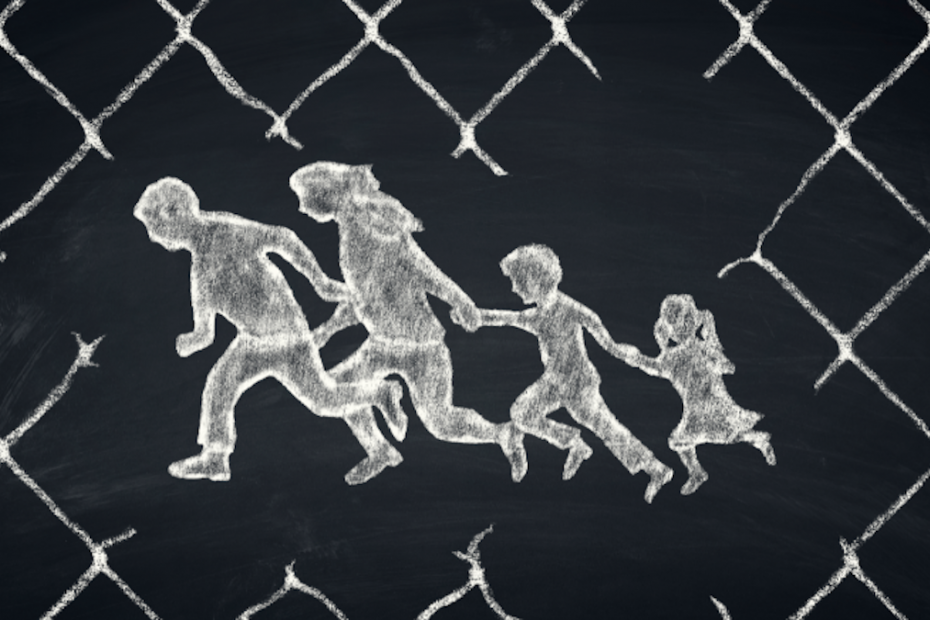In 2013, the Australian government implemented its controversial “Offshore Processing Policy,” aiming to deter asylum seekers from reaching Australian shores. Under this policy, those attempting to reach Australia by sea are intercepted and sent to detention centres on the islands of Manus in PNG and Nauru in the Pacific.
The conditions in these centres have been widely criticized by human rights organizations, with reports of overcrowding, inadequate medical care, and instances of physical and psychological abuse. Many of the people who have been held in these centres are fleeing persecution, violence, and political unrest in their home countries, only to find themselves trapped in a different form of hardship.
Recent policy changes under the Albanese government have seen the release of refugees from Nauru (although controversially, the detention facility will remain operational, despite no detainees apart from two who remain awaiting local legal matters to be heard). We in the Office for Justice, Ecology and Peace had the opportunity to meet with some of the recently released refugees who shared their stories of detention.
Health conditions in detention facilities were poor, with many asylum seekers distrustful of medical staff. Revealing health issues was widely seen as jeopardising opportunities for release and resettlement, One refugee we spoke to shared a story of a fellow asylum seeker held in detention, who when undergoing surgery for a hernia, awoke to find that one of his testicles had also been removed by medical staff during the procedure.
While those to whom we spoke expressed relief about coming to Australia after ten years and more in offshore processing facilities, there are still significant problems. For many, uncertainty about the future remains high, with reports of refugees waiting 4+ years for resettlement visas to countries such as Canada and New Zealand. Until then, many refugees rely on community and social services for support.
Housing is a serious issue, exacerbated by the wider housing crisis. Affordable long and medium-term tenancy is critically limited, with many relying on short term accommodation primarily through the Department of Home Affair’s Humanitarian Settlement Program. This short-term accommodation sees refugees forced to frequently relocate (one refugee shared that he had lived at 5 addresses in the past 6 months), hampering their ability to find stable employment.
Unfortunately, while those from Nauru have been relocated to Australia, up to 80 asylum seekers remain held in PNG, with the Australian Government absconding from responsibility for their welfare. The United Nations High Commissioner for Refugees and other human rights bodies maintain that Australia is still responsible for these people.
The Australian Refugee Action Network (ARAN) is currently seeking members from faith communities to co-sign an open letter to the Australian Government calling for the transfer of refugees and people seeking asylum held in PNG to Australia. You can sign this open letter here.
